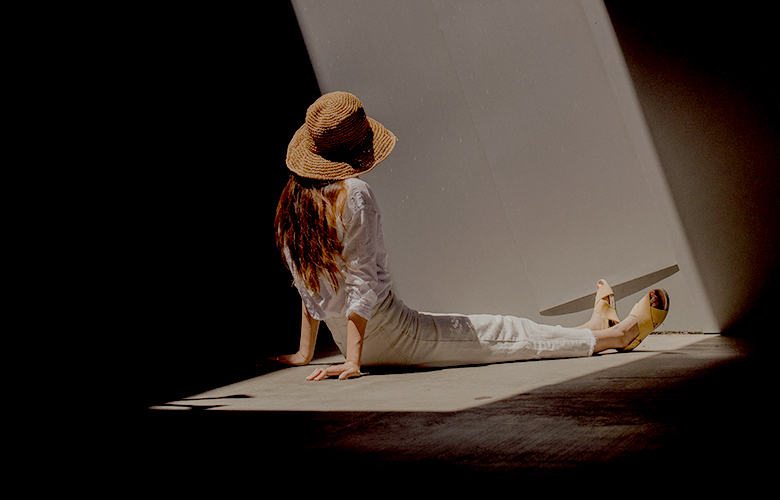
Many years ago, during my master thesis research period, I was struggling to find in the books something that could really satiate my curiosity about how people feel the light and, vice versa, how lighting can help people feel in a certain way more than others.
When I was pointed to a Psychologist and her papers I was still doubting that I would find shared and relatable interests.
Environmental Psychologist Jennifer Veitch, together with her team at the NRC Construction Research Centre in Canada states her objective is to make more interesting, beautiful, and healthful places that are also more energy-efficient.
She follows up on her public network profiles with these questions:
As you may imagine, I felt back then as if I’d hit the Jackpot! Not only as a graduating student in search of background elements, but also as a potential quality judge myself. In fact, Dr. Veitch, together with Dr. Newsham developed a Lighting Quality Model to fill the gap between the technical guidelines that manufacturers provide us and the actual goal of creating a lighting environment that fits the end user too.
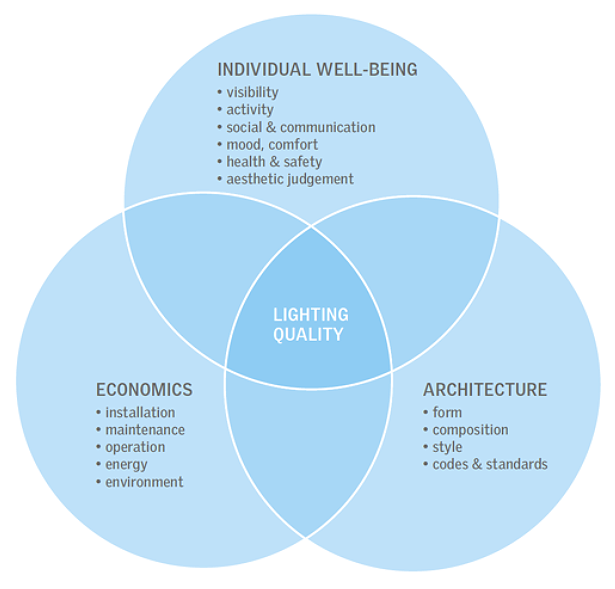
It was talking about Human Centric Lighting before this term was even existing, but already trying to answer this via cross-referencing disciplines and getting the most of the effective type of light source we are supplied with the current solid light state.
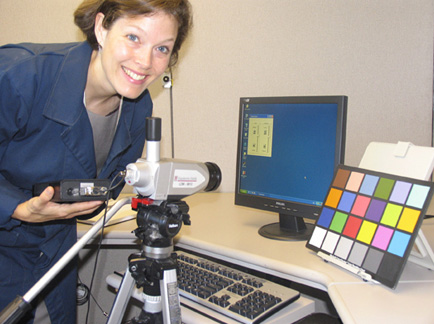
In order to create lit environments that serve all of us, Dr. Jennifer Veitch believes that it takes cooperation: vision science, cognitive psychology, and physiology together for developing the basic knowledge about lighting.
Published in Collaboration with: Women in Lighting
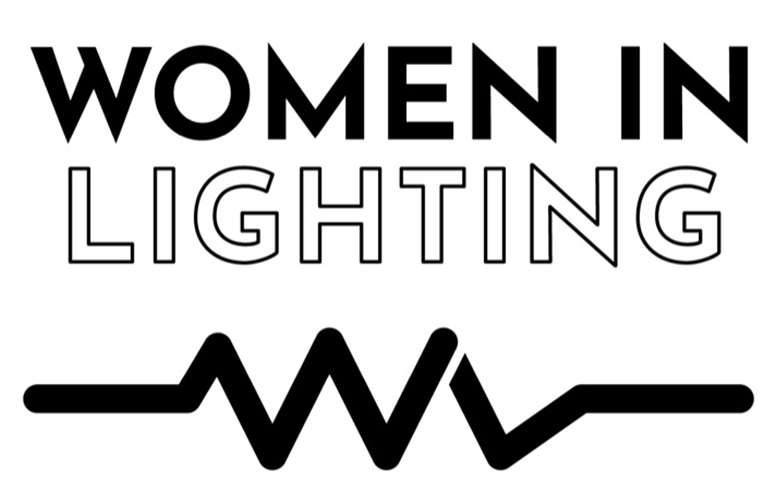
The Accidental Feminist: One Man’s Story
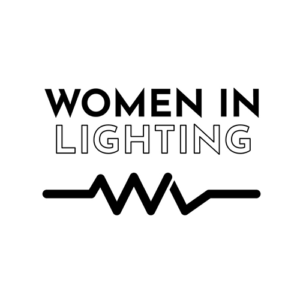

Women In Lighting is an inspirational digital platform for women working in lighting to promote their passion and achievements, narrate their career path and goals, celebrate their work and elevate their profile in the lighting community. Women in Lighting are working closely with WILD. WILD's mission is to provide the lighting community with an inclusive and open environment for professional and personal growth by offering networking, mentorship, and knowledge sharing. Women in Lighting and Design is open to all women, those that identify as female, and their allies, creating a supportive and safe network for all.
Read Full Profile© 2021 TheatreArtLife. All rights reserved.

Thank you so much for reading, but you have now reached your free article limit for this month.
Our contributors are currently writing more articles for you to enjoy.
To keep reading, all you have to do is become a subscriber and then you can read unlimited articles anytime.
Your investment will help us continue to ignite connections across the globe in live entertainment and build this community for industry professionals.